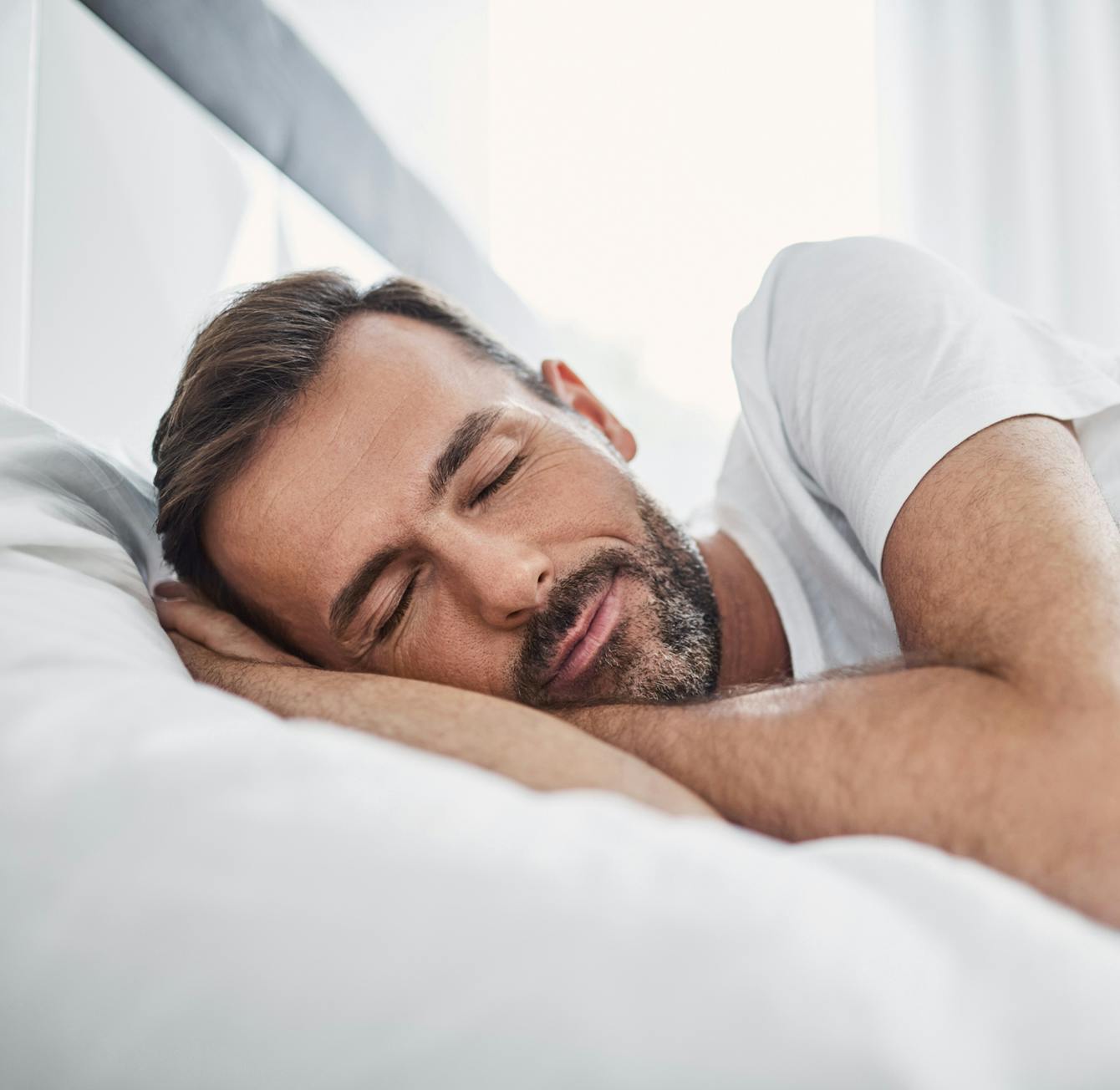Sleep is absolutely essential to your health and well-being. If you are struggling with the quality or quantity of your sleep, our specialists at ENT Specialists can help.
An Advanced Approach to Treating Sleep Disorders
Sleep disorders are common—affecting more than 50 million people in the U.S. Despite being common, they can have a profound effect on your health (physical, mental, and emotional). Fortunately, there are treatments that can help you get the rest you need right here at ENT Specialists.
Symptoms
If you have a sleep disorder, you may:
- Have trouble falling or staying asleep
- Feel tired during the day even though you got enough sleep the night before
- Experience frequent headaches or a dry throat
- Have difficulty performing at work or school
- Find it hard to stay awake during the day, even when driving
- Snore, gasp, or choke during sleep
Risk Factors
You’re more likely to develop a sleep disorder if you are:
- Over 40 years of age
- Overweight or obese
- Diagnosed with other problems, including high blood pressure and anxiety

Understanding Sleep Disorders
A sleep disorder prevents you from consistently sleeping well. Some of the most common disorders include snoring, obstructive sleep apnea, and insomnia.
Depending on your disorder, you may struggle with falling or staying asleep, or you may experience severe daytime sleepiness and memory loss. Because sleep disorders can profoundly impact your quality of life, it’s important to treat them.

How We Diagnose Sleep Disorders
Before we can improve the quality and quantity of your sleep, we need to know what’s causing the problem. To begin, our specialists will need to understand your symptoms. We may ask you to keep a sleep diary that notes:
- When you fall asleep
- When you wake up
- Any symptoms you experience
Depending on those notes, we may perform a sleep study. During this test, we will collect data about your body and brain activities while you sleep. We will then analyze that data to aid us in making a diagnosis.
Common Sleep Disorders
Sleep Apnea
Sleep apnea is a sleep disorder that causes interrupted breathing during the night. The primary symptom is loud snoring and sudden gasps of breath. In addition to preventing sound sleep, untreated sleep apnea puts you at risk for congestive heart failure, stroke, heart attack, and more. Treatment can involve lifestyle modifications, such as losing weight, avoiding alcohol, and elevating your bed. However, the gold-standard treatment approach is continuous positive airway pressure (CPAP).
Snoring
Although common, snoring is actually considered a sleep disorder that can signal an underlying medical condition. Snoring happens when your tongue, throat muscles, and soft palate relax too much during sleep. These tissues droop backward and block your airway, vibrating when you breathe. The more your airway is obstructed, the louder your snoring is. Depending on the severity, treatments can include lifestyle modifications or even surgical interventions.
Postnasal Drip
When you have postnasal drip, mucus accumulates at the back of your throat, irritating the area. Symptoms include a persistent cough, bad breath, chronic throat clearing, and more. It’s a frustrating condition that tends to worsen at night because lying down makes it easier for mucus to collect. If you’re struggling with sleep and have symptoms of postnasal drip, treating those symptoms may help you rest easier.

Treatments for Sleep Disorders
Your treatment will depend on the sleep disorder you have. In addition to the approaches below, we may also recommend changing your sleep routine, using cognitive behavioral therapy, taking medications, trying light therapy, and more.
Snoring Treatments
We offer comprehensive, multi-faceted, and individualized treatment plans to help our patients stop snoring and sleep better. They tend to include a combination of lifestyle changes (weight loss, avoiding alcohol, sleep position changes, etc.) and oral devices, such as a CPAP machine if your snoring is related to sleep apnea. In severe cases, upper airway surgery can also help.
UPPP for Sleep Apnea
UPPP is a common surgery that is performed to treat sleep apnea when conservative treatments, like CPAP, have failed to work. During the procedure, we will remove or restructure tissue at the back of your throat to widen your airway. It’s usually performed as an outpatient procedure, which means you likely won’t need a hospital stay. The surgery generally takes about two hours to complete.

